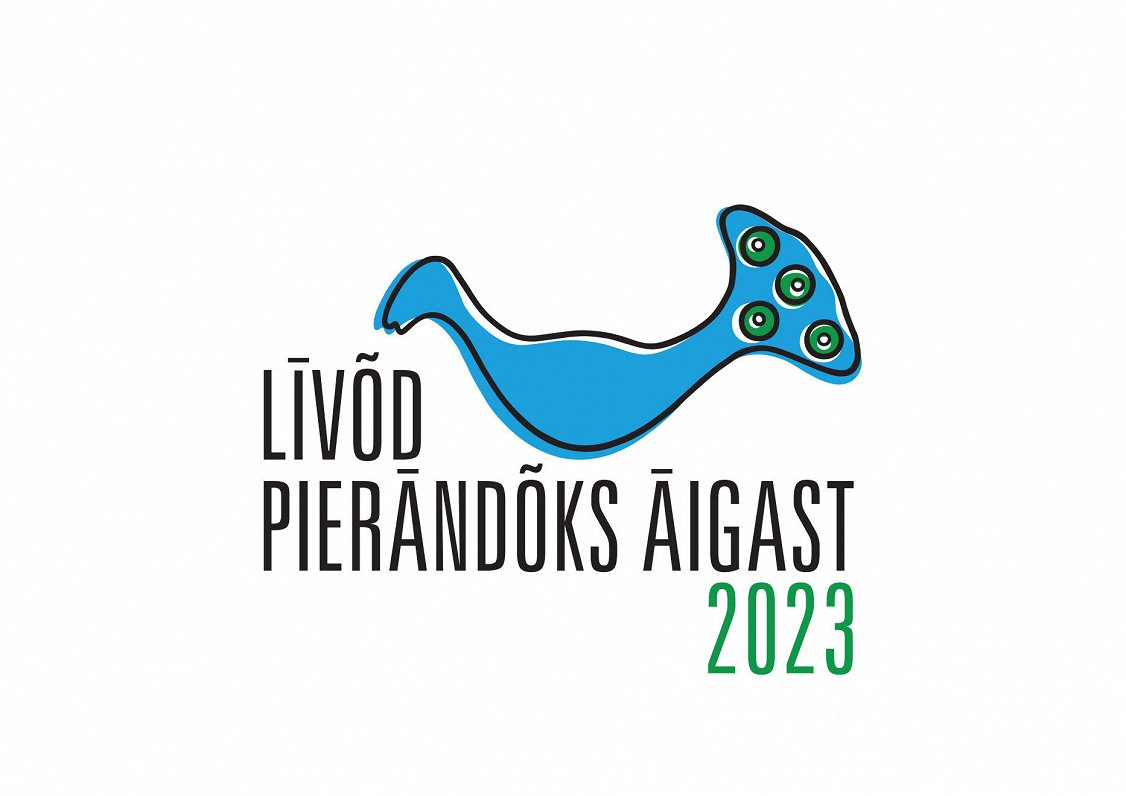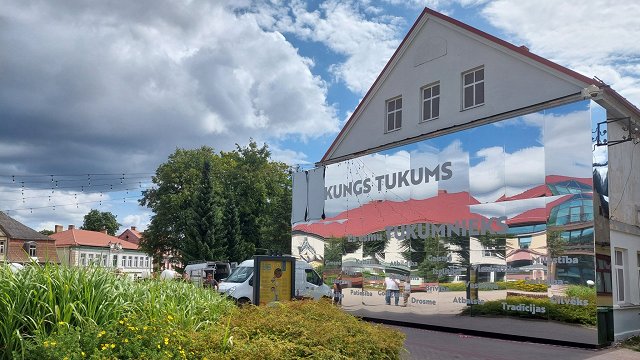"Latvia's second indigenous people - the Livonians - have not only preserved their linguistic and cultural uniqueness until our days, but have left an indelible mark on the identity of the whole of Latvia, but especially in the regions once inhabited by the Livonians in North Kurzeme, the northern part of Zemgale and Vidzeme.
"The role of the Livonians in the creation of the modern Latvian language, Latvian identity and statehood is also recorded in the recently adopted Latvian Historical Lands Law," said Valts Ernštreits, director and leading researcher of the Livonian Institute, who is also the co-chairman of the steering committee of the global initiative group for the UN International Decade of Indigenous Languages (2022-2032).

The beginning of the Year of Livonian Heritage being is marked by two important thematic events. At the end of 2022, the Livonian cultural space of Vidzeme will be included in the list of Intangible Cultural Heritage of Latvia, while on December 13, 2022, the main opening event of the International Decade of Indigenous Languages (2022-2032) announced by the UN will take place, in which the Livonian singer Julgī Stalte with her daughters Lelu and Anna Kī, will make the sounds of Livonian heard for the first time in such a high-level international arena.
The Year of Livonian Heritage coincides with the centenary of the Livonian green, white and blue flag, which was consecrated as one of the Livonian symbols in Mazirbe on November 18, 1923.
According to the Latvian National Cultural Center, "The purpose of the thematic year is to identify and popularize the diverse heritage of the Livonians in Latvia from ancient times to the present day. It is designed as a series of events and initiatives of various levels that highlight Livonian heritage and are dedicated to both ancient history and traditional culture as well as various modern cultural expressions. As one of the main events of the year, the Livonian Heritage Day is expected, when it is planned to raise Livonian flags in all the regions once inhabited by the Livonians."
Livonian is one of the few officially recognized indigenous languages of the European Union (the others are the Sami languages of Sweden and Finland and the Inuit language of Denmark's Greenland). Although the Fino-Ugric Livonian language is currently one of the most endangered languages in the world, once it was heard in a large part of modern Latvia, which can be seen both in the many word borrowings in the Latvian language, as well as in numerous Livonian place names.
If you'd like to learn a little Livonian yourself, why not start with these enjoyable online lessons?



























